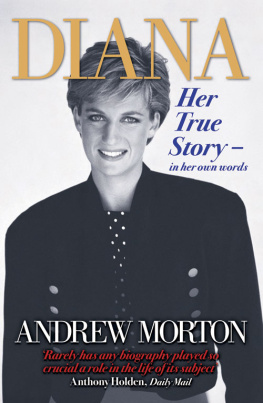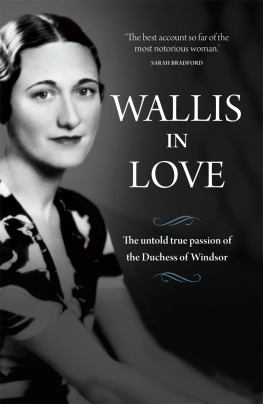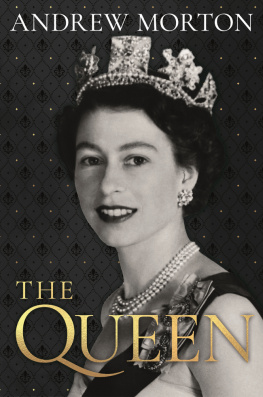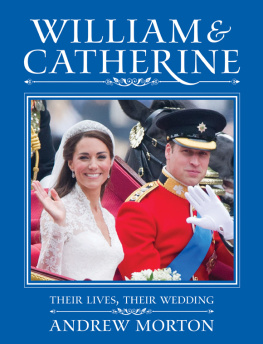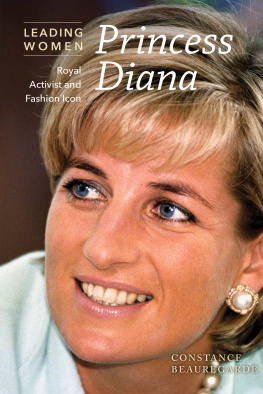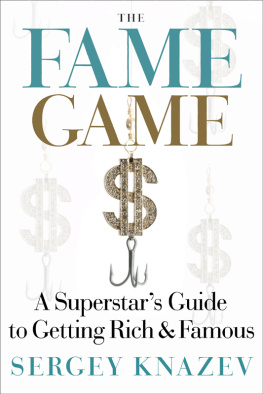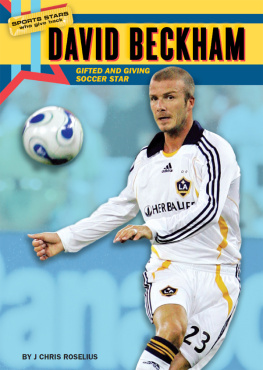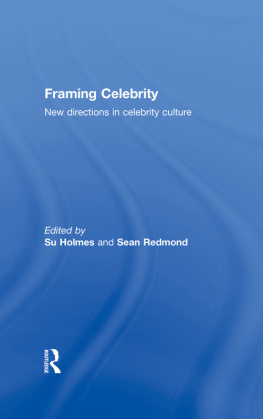Revised edition originally published in Great Britain in 2007 by Michael OMara Books Limited
Published by arrangement with Michael OMara Books Limited
SIMON SPOTLIGHT ENTERTAINMENT and related logo are trademarks of Simon & Schuster, Inc.
I t is possibly the greatest sporting show on earth, watched by an estimated one billion people from 232 countries. As a spectacle the Super Bowl is an unrivalled money-making machine, featuring advertisements lasting for just thirty seconds that cost up to $2.6 million. Yet in spite of the hype and hard sell, the Super Bowl still exudes the feeling of a gigantic family day out, where catchy beer commercials and the chessboard intricacies of gridiron coexist.
For the watching audience, the event has the routine and familiarity of an old friend come to visit. The commentators are as venerable as the entertainment; comforting, unsurprising, and reliable. Everyone knows what to expectapart from the score. So the watching millions could be excused for being somewhat perplexed when a good-looking, blond English soccer player joined the likes of the rapper LL Cool J, TV homemaker Martha Stewart and former attorney general Janet Reno at a celebrity party hosted by NFL wide receiver Chad Johnson for a commercial during the 2007 Super Bowl.
As Englands soccer captain and one of the most talented players of his generation, David Beckham was known to the watching American audience, but not well known. As soccer in the USA remains the preserve of youngsters, women, and the growing Hispanic community, his fleeting appearance in the commercial was one way of introducing him to Americas sporting family, which he was soon set to join.
Like a favored if willful son leaving the family home, his decision in January 2007 to quit Spanish club Real Madrid and finish his soccer career playing for the Los Angeles Galaxy in California was greeted with collective disbelief and breast beating. Even British prime minister Tony Blair was moved to comment on his career move, praising the soccer superstar for his outstanding contribution to sport. In a world where celebrity comes too easily, David deserves fame, said Blair. The phenomenal interest in his move to the United States is a reflection not just of his talent, but his understanding of the importance of sport as an industry.
It showed how far the gas fitters son from the impoverished East End of London had come. That the great and good were ruminating about his career was an acknowledgment that the one-time Manchester United star, whose ability to make a ball swerve and dip inspired the title of the hit movie Bend It Like Beckham , is one of a rare breed. Like Michael Jordan, Tiger Woods, and Muhammad Ali, he is a man whose personality transcends his sport. Idolized by many in Britain, Europe, and the Far East, it is expected that the Beckham Effect will help transform Americas Major League Soccer, bringing awareness, enthusiasm, and acceptance.
However David Beckham is not a solo performer. His life changed the moment he first spotted Victoria Adams dancing in a pop video with her all-girl group, the Spice Girls. A generation of wannabes adopted their slogan of Girl Power, tapping into the exuberance and cheekiness of the five-strong combo where Victoria played the role of aloof, pouty Posh Spice to perfection. When they first met, she was enjoying worldwide acclaim, and rubbing shoulders with the likes of South African president Nelson Mandela and Prince Charles. Wealthy, too, Posh Spice had helped the band to an amazing eight number-one hits and record sales of more than 55 million worldwide.
On their own, David and Victoria would have enjoyed their brief time in the spotlight: she in a successful all-girl group, him as a sumptuous soccer player and handsome poster boy. Together they have become a unique double act: Posh and Becks, universally admired and criticized, but never ignored. Like any other commercial concern, fame is a business and the Beckhams, particularly Victoria, are skillful entrepreneurs. As celebrity watcher Sharon Crum argues, Its actually very easy to build celebrity, but talent is not enough. You have to create a team, like Team Madonna.
Since their marriage in July 1999, Team Beckhams every move has been slavishly chronicled by an eager media, with the couple transforming modern celebrity into pseudo-religious status. They have become ersatz royalty and an international marketing combo: brand Beckham. Such is their fame that when two professional Posh and Becks lookalikes went shopping in a Tokyo department store in 2003, their presence provoked near riots.
David and Victorias wedding, held in a castle in Ireland complete with his-and-hers thrones, a coat of arms, and fluttering initialed pennants, sealed the couples coronation as royalty for the common man. Souvenir mugs, tea towels, and plates were produced to commemorate the occasionjust like a royal weddingwhile their first home in the Hertfordshire countryside, northeast of London, is known universally as Beckingham Palace. When their first son, Brooklyn, was born, the event was choreographed like a royal birth: The delighted father talking to waiting reporters, the daily bulletins about the health of mother and baby son, and the departure home in a convoy of blacked-out limousines and official police outriders. Again, when Victoria succumbed to viral meningitis in August 2000, official announcements about her recovering health led the TV news. Perhaps more important, when David broke a bone in his left foot shortly before the 2002 World Cup, Prime Minister Tony Blair earnestly told fellow politicians that the health of the injured England captain was the most important matter facing the nation at the time. Clergy led prayers and newspapers printed an exact facsimile of his foot so that well-wishers could lay their hands on the image and transfer healing energy.
Such is the Beckham appeal and ubiquity that historians, who like to define a period with the name of the reigning monarch, talk about calling the beginning of the third millennium the new Victorian era. We may even begin to gauge our times by David Beckhams haircuts or sendings off, claims Professor Ellis Cashmore, a lecturer at the University of Staffordshire, who uses Beckham to illustrate the influence of sport on modern culture and society. Nobody embodies the spirit of the times as well as David Beckham.
In an age where participation in organized religion has declined and belief in the afterlife diminished, celebritythe one chance we have of immortalityhas become the new nirvana. As the American novelist Norman Mailer once noted, celebrities, be they from Britain or Hollywood, are the new gods. In Hollywood, where star-spotting is a business complete with maps and bus tours, the Beckhams will fit in perfectly. For the House of Beckham already has many devotees. Not only are they celebrated in waxworks in Madame Tussauds in London, but a twelve-inch-high statue of David has been placed at the foot of the main Buddha image in Bangkoks Pariwas Temple. Football has become a religion and has millions of followers, explained the temples senior monk, Chan Theerapunyo.


